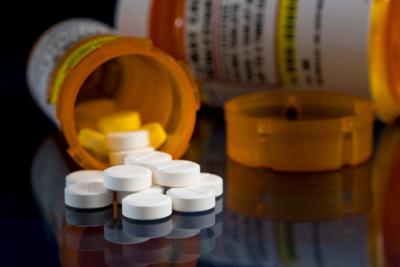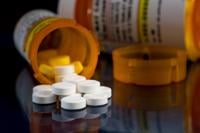MARYLAND - Lieutenant Governor Aruna K. Miller, along with the Office of Overdose Response, has announced the award of $12.4 million in grants to numerous programs and organizations to address substance use and overdose across the state.
According to Miller’s office, the Opioid Restitution Fund was created in 2019 and is maintained through money awarded to Maryland through prescription opioid-related lawsuits.
“These awards mark another important step forward in our efforts to rectify the historic harms of the opioid and overdose crisis,” said Lt. Governor Miller. “Far too many Maryland families have lost their loved ones to overdoses. The programs we are funding will make real differences in the lives of Marylanders by increasing support for critical services and care for people with substance use disorders.”
Among the recipients of the funding were the following local projects and groups:
-Somerset County Commissioners - $356,576 for supporting those with opioid use disorder within the criminal-legal system with a focus on disabled individuals.
Worcester County Health Department - $656,323 to support substance use prevention programs, harm deduction, and substance use treatment and recovery services.
-Dorchester County Health Department - $378,884 for harm-reduction services for pregnant and postpartum neighbors including medications for opioid use disorder.
-Salisbury City Fire Department - $542,000 to support training, medications, drug disposal, and syringe services.
-Diakonia, Inc - $635,042 for mobile harm reduction services for those experiencing or are at risk for homelessness.
-Queen Anne’s County Detention Center - $507,226 for opioid use disorder screening services for incarcerated individuals.
Maryland’s Office of Overdose Response also unveiled a new 5-step strategy to combat substance abuse and overdose in the state:
-Interrupt Pathways to Substance Use Disorder: Expand efforts that address the social determinants of substance use and overdose risk while disrupting intergenerational cycles of trauma and growing youth-focused prevention programming.
-Improve Health and Safety for People Who Use Drugs: Empower people with the tools and knowledge to stay safe while building relationships that make it easier to make connections to care.
-Make Evidence-Based Treatment Accessible for People with Substance Use Disorders: Expand equitable access to evidence-based treatment for individuals with substance use disorder to ensure that anyone seeking treatment can access it whenever they need it regardless of circumstance.
-Build and Sustain Community Infrastructure That Promotes Recovery Capital: Increase structures of support that enable individuals to thrive.
-Improve Outcomes for People Who Use Drugs Who Encounter the Criminal Legal System: Decrease criminal involvement for people who use drugs and expand services for individuals who are already involved in the criminal legal system.



